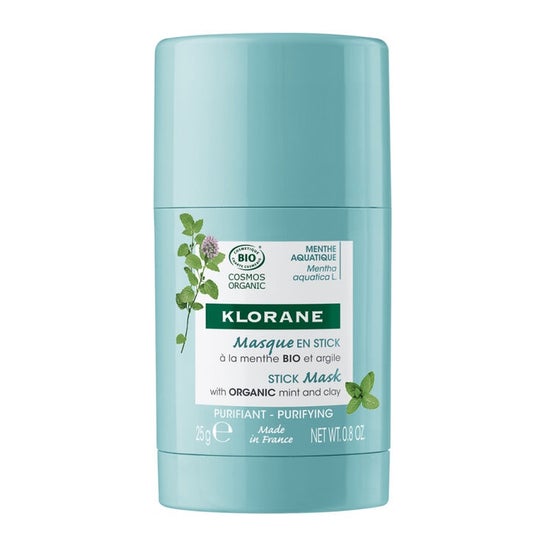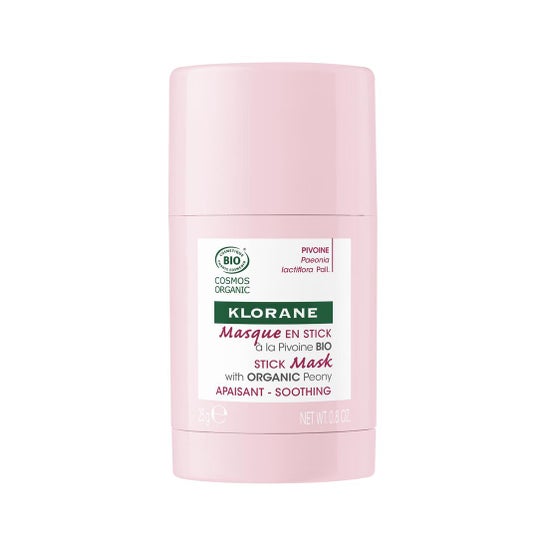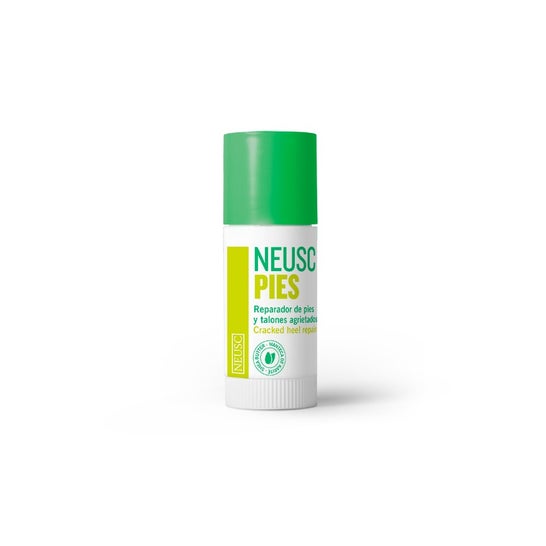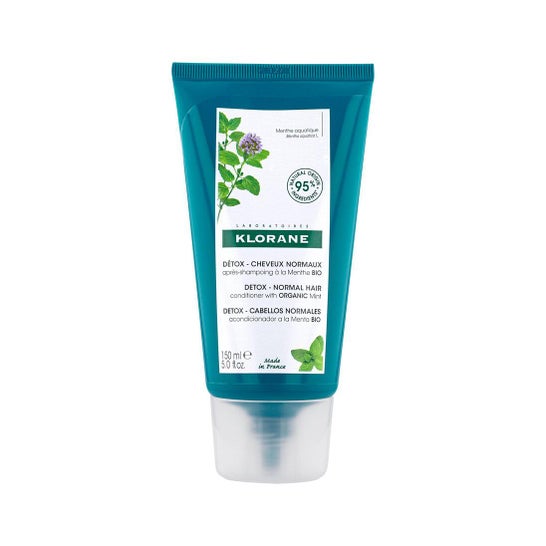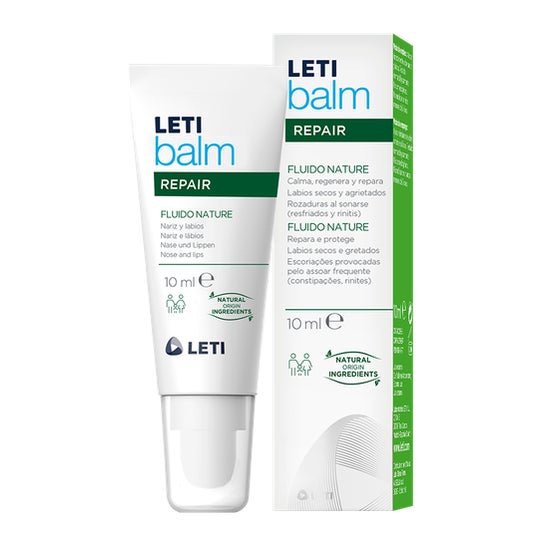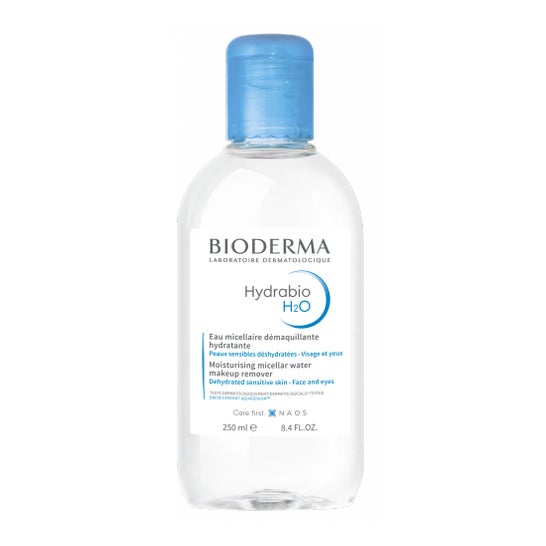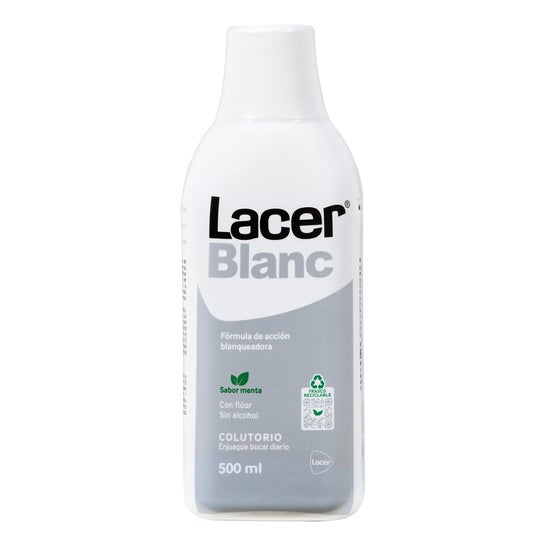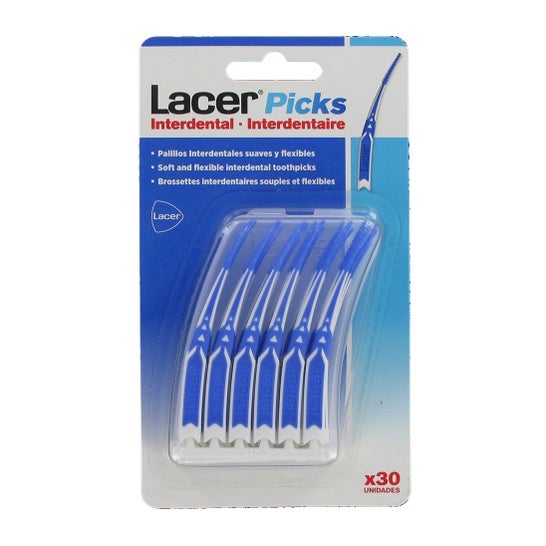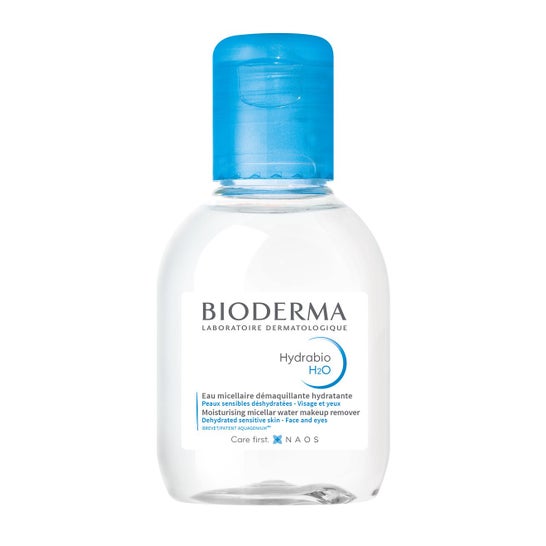A moisturising face mask that promotes skin nourishment and firmness. Formulated with water mint and white clay, which help maintain optimal skin hydration levels and absorb impurities. Comes in a handy stick format for easy application. Made with 100% natural ingredients and certified organic. Dermatologically tested. Free of mineral oil, parabens and silicones. Suitable for combination, oily and normal skin.
Klorane Mint Facial Mask 25gr
Description
Instructions for use
• Apply a product layer on the skin.
• Leave for 10 minutes.
• Remove with soap and water.
Composition
Water (Aqua), glycerin, kaolin, sodium stearate, butylene glycol, Mentha Aquatica flower/leaf/stem extract*, Aloe Barbadensis leaf juice powder*, citric acid, fragrance (Parfum), iron oxides (CI 77492), linalool, propanediol, sodium citrate, ultramarines (CI 77007), xanthan gum.* Organic ingredients.
Price per 100 ML
Pharmaceutical Advice
Iron is a functional mineral that contributes to the body's growth and development. It is present in haemoglobin and myoglobin. These proteins transport oxygen from the lungs to the rest of the organism. Iron is also involved in the creation of hormones and connective tissue.
Our organism absorbs this mineral from foods such as seafood, lean meat, eggs, pulses and nuts. To facilitate its absorption, it is advisable to add acidic foods rich in vitamin C, such as orange or lemon juice, to the diet. A lack of iron in the diet can cause iron deficiency (anaemia). In the long term, it can lead to symptoms such as a constant lack of energy, fatigue, intestinal disorders and/or difficulty keeping body temperature under control. Lack of iron can be restored through a varied diet. If this is not enough, it can be mitigated through supervised supplementation. It is essential to follow the advice of a healthcare professional and always avoid taking an iron dietary supplement without checking if you are deficient in this mineral.
The body's iron requirements will change throughout the years. It is particularly important to regulate it during the years of menstruation, as well as in pregnant women and infants. Iron is also actively involved in development and growth and is therefore very important for newborn babies.
Opinions
Very comfortable to use and good mask
Nuria F.
RELATED SEARCHES ABOUT Cleanser
- Moisturiser
- Anti-wrinkle
- Revitalising
- Exfoliator
- Repairing
- Nourishing
- Anti-fatigue
- Anti-redness
- Immediate Effect
New in Masks
- Valquer Mascarilla Hidratante 50ml
- Farline Mascarilla Facial Scrub 8ml
- Dr.Jart+ Ceramidin Mascarilla Hidratante 22g
- Starskin Pro Micro-Filler Mask Pack
- Starskin Silkmud Pink French Clay Purifying Liftaway Mud Mask 16g
- Starskin Red Carpet Ready Hydrating Bio-Cellulose Face Mask 40g
- SNP Jeju Volcanic Ash Mask 22ml
- Belif Super Knights Multi Vitamin Sleeping Mask 75ml
- Patyka Mascarilla Efecto Piel Nueva 50ml
- Beauty of Joseon Red Bean Refreshing Pore Mask 140ml



